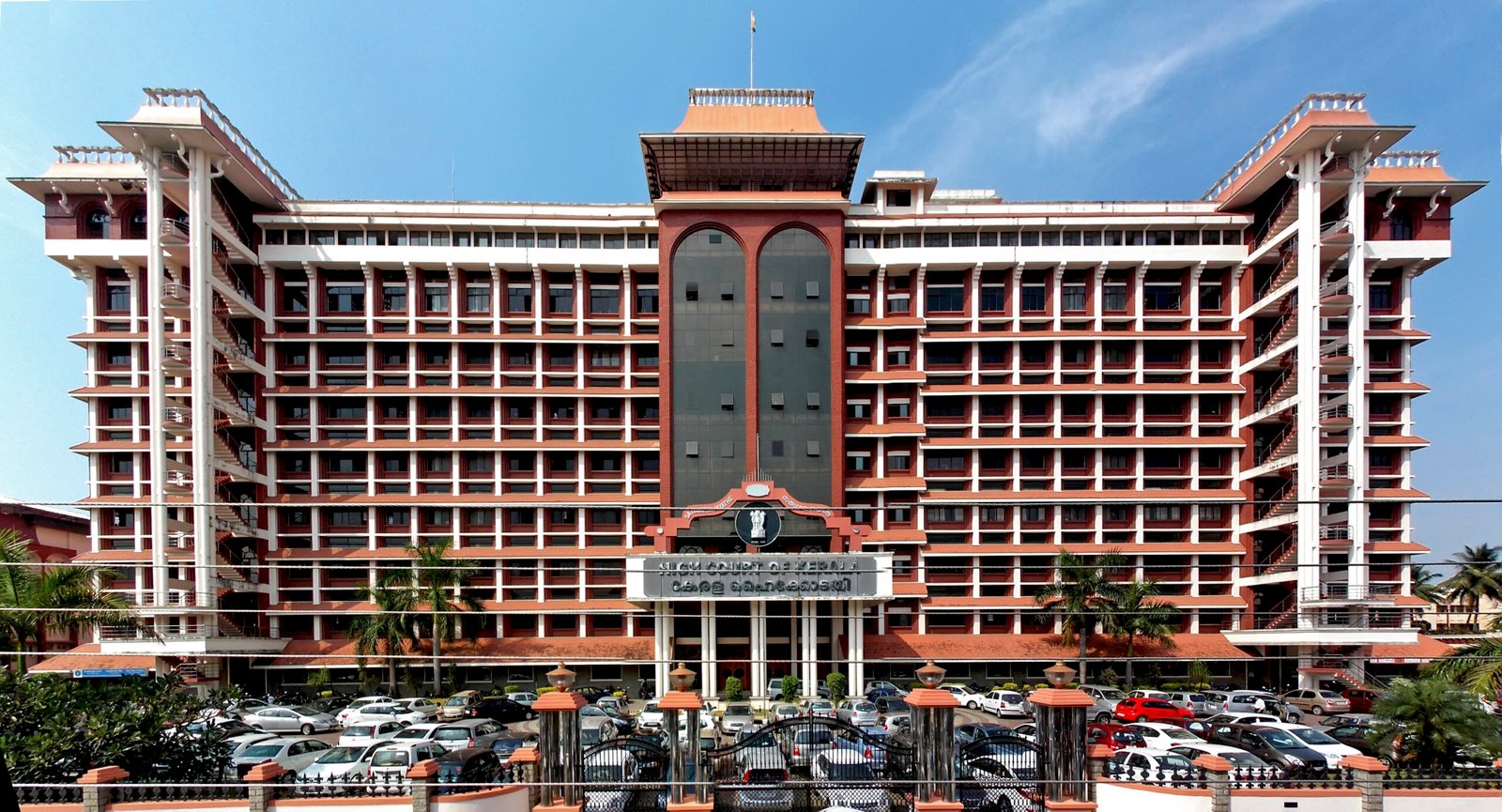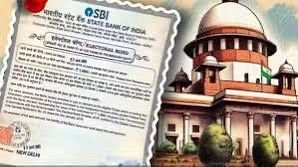The Court noted that while the NIA charged the appellants of being involved in collecting funds for committing terrorist acts, there was nothing on record to link them directly to any terrorist activities.
In a case filed under the Unlawful Activities Prevention Act (UAPA) for allegedly conspiring to carry out terrorist acts nationwide, the Madras High Court recently granted parole to eight individuals accused of being associated with the banned organization Popular Front of India (PFI).
A bench consisting of Justices SS Sundar and Sunder Mohan observed that while the National Investigating Agency (NIA) had charged the defendants with fundraising for “terrorist acts,” there was no direct evidence linking them to any terrorist activities. The NIA informed the court that various documents, including certain “images with notations” of RSS leaders and other Hindu organizations, were found in the defendants’ possession, suggesting that these leaders were targeted individuals.
However, the court ruled that “some of the pictures of activists and leaders of the RSS or other Hindu organizations contain specific markings,” and according to their interpretation, these markings indicated that the marked individuals were on the PFI’s “Hit List.” It was noted that when one is allowed to interpret the contents based on their imagination, it might lead to the assumption that one of the accused, referred to as A6, poses a potential threat. Nevertheless, none of these documents can be used to infer A6’s involvement in a terrorist act or his association with a terrorist organization.
The NIA also asserted, based on a “vision document,” that the PFI aimed to attain political power and work toward establishing an Islamic government in India by 2047. The court emphasized that if the NIA viewed the actions of the accused with a biased perspective, each of their actions might seem unlawful, but this could not be considered a factual assertion. “In the absence of evidence linking the defendants to the ‘vision document,’ all substantial allegations appear to be based on probabilities and assumptions. In other words, the formed opinion lacks direct evidence or proof.”
Apart from witness statements suggesting that some of the defendants organized training sessions involving knives and swords, there is no other evidence linking any of them to terrorist acts or their membership in terrorist groups or organizations. The court further clarified, “As mentioned earlier, since PFI has only been declared an unlawful association and not a terrorist organization thus far, any preparatory act in this context should be construed as a defensive measure rather than a step to perpetrate a terrorist act.”
In September of the previous year, the appellants were arrested by the NIA, which claimed to have received information from the Union government that several PFI members were conspiring to carry out terrorist acts in Kerala, Tamil Nadu, Uttar Pradesh, and other Indian states. In January of the current year, a special court denied the appellants parole, leading them to file an appeal with the High Court.
The appellants were represented by Senior Counsel T Mohan, along with Counsels A Raja Mohamed and I Abdul Basith. The NIA was represented by Additional Solicitor General ARL Sundaresan and Special Public Prosecutor (NIA cases) R. Karthikeyan.


